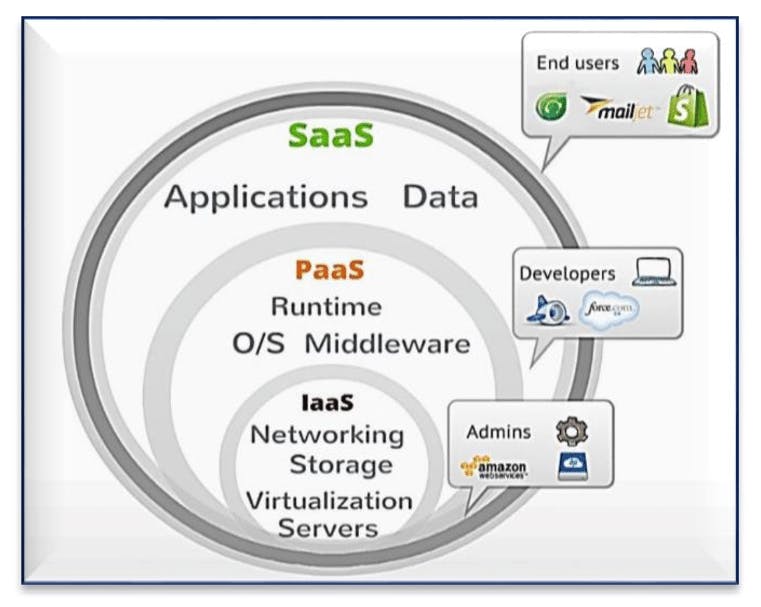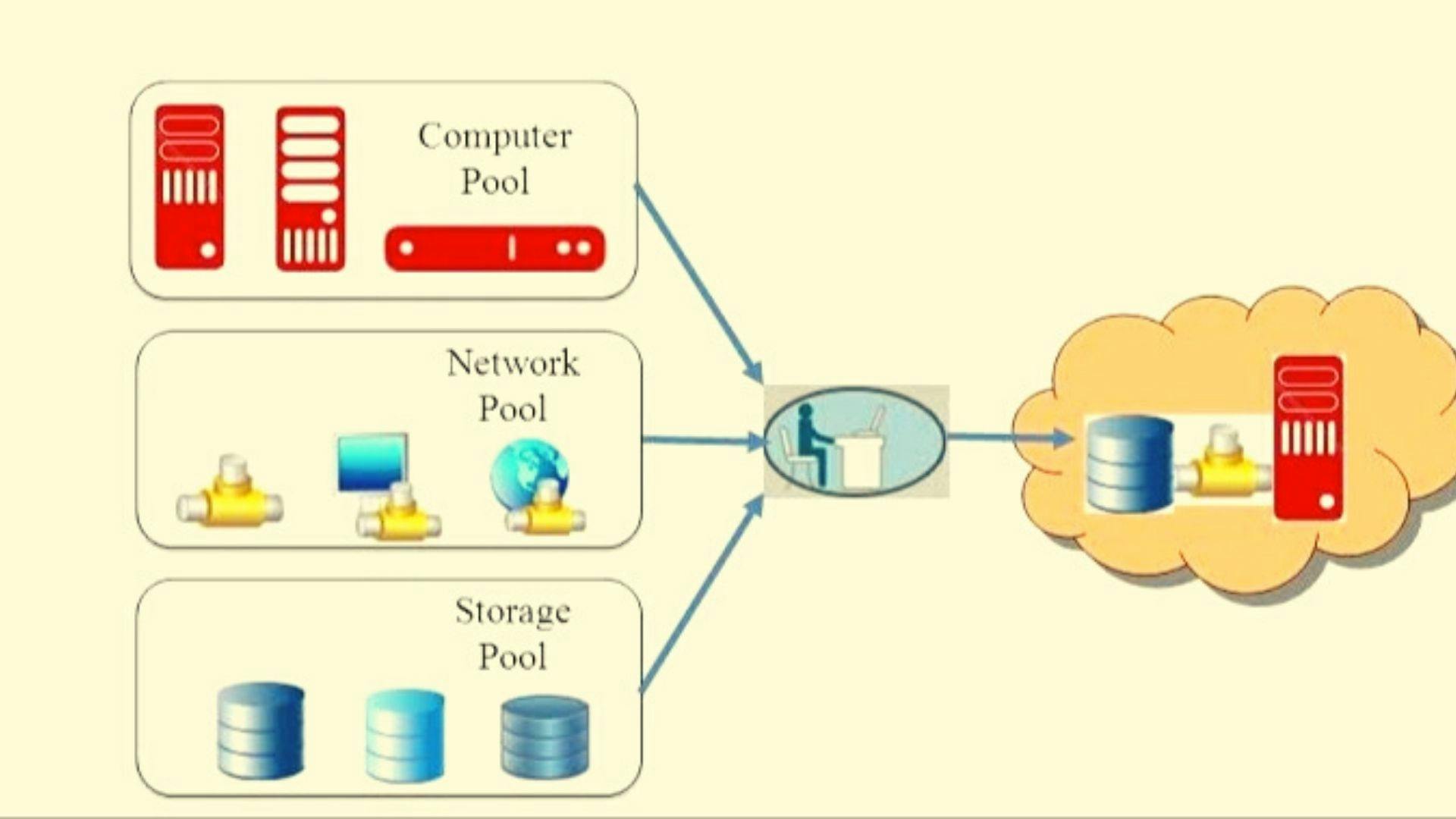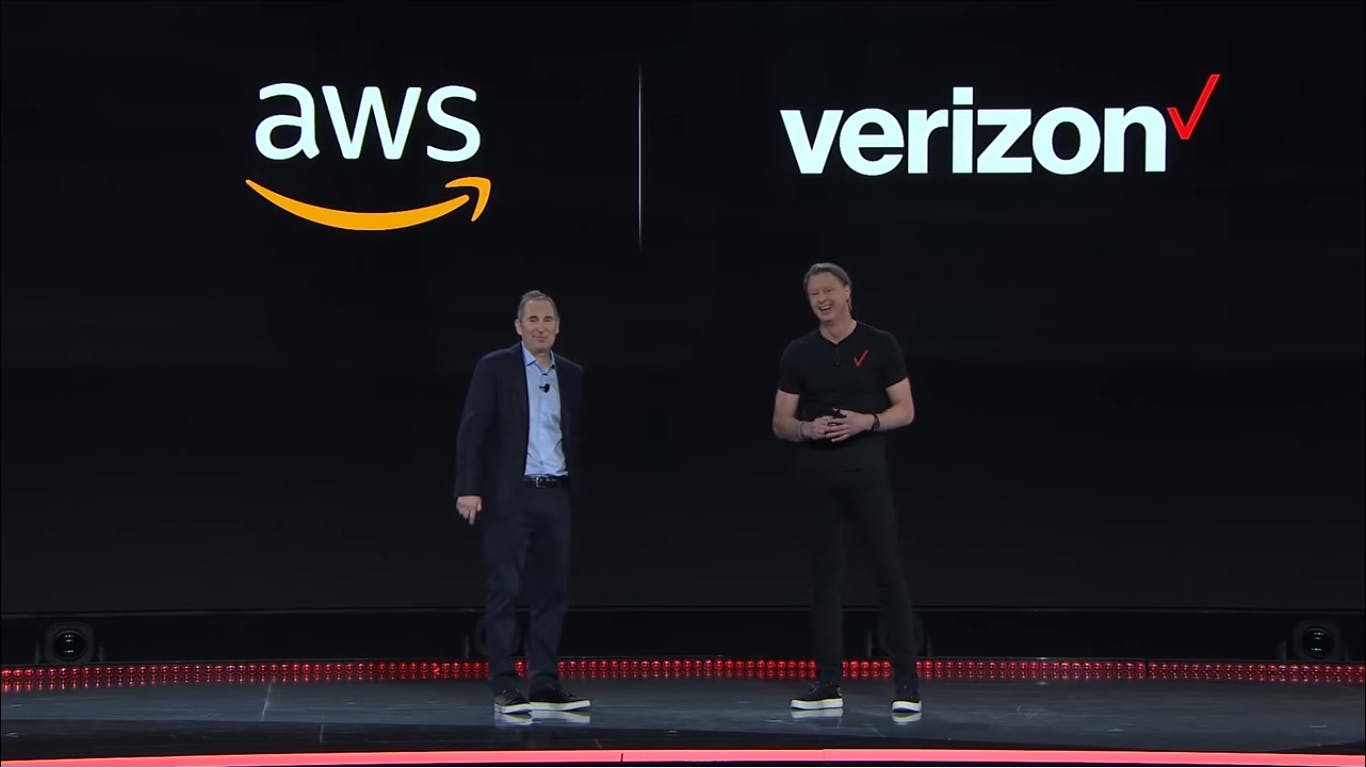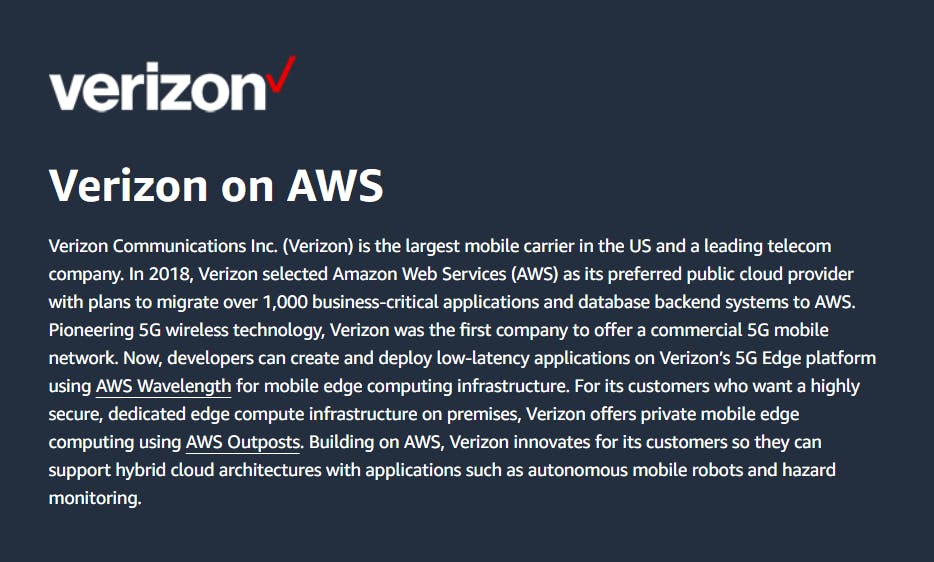What is AWS?
AWS also called Amazon Web Services is the world leading cloud-computing platform that offers a variety of services, like storage, computing, network devices, databases, and other IT resources which a user can access from any remote location via the "Internet". AWS is a "pay-as-you-go service", which means that you only pay for the services that you use.
AWS is a public cloud that can be accessed by anybody in the world. Anyone can create an account on AWS and use their services.
Why Cloud is used in the industry?
Cloud is used in the industry for multiple reasons, some of them are:
To reduce the hardware cost or the CAPEX and OPEX invested by the company.
Cloud provides flexibility, that, the company can rent the servers or any other IT resource for the amount of time the company wants on "pay-as-you-go" pricing model.
The most important reason that the cloud is preferred is because of the 3 main types of services that it provides: IAAS (Infrastructure as a Service), PAAS (Platform as a Service), and SAAS (Software as a Service).

Characteristics of the Cloud
On-demand self-service: Cloud providers give their users the flexibility, to access any cloud resource (Servers, Networking devices, Databases, etc.), whenever and wherever the user wants, without any Administrator.
Broad Network Access: We can access the cloud from any device via the Internet.
Scalability: A key characteristic and benefit of cloud computing is its rapid scalability. [Ex: Let's say our company is running on 2 servers only, but, just for 3 days, our company requires 5 extra servers. We can easily scale this on the cloud.
Resource Pooling: This is one of the essential characteristics of Cloud Computing. "Resource Pooling" is an IT term used to describe a situation in which, cloud providers (like AWS) serve their multiple clients and customers with different services as per their requirements.
Now, there are multiple resource pools in the cloud. Some of these resource pools are Physical server pools, Virtual Server pools, Storage pools, Network pools, Pools of RAM, CPU pools, etc.
Every pool has there own dedicated resource available [Ex: Physical server pool will have multiple physical servers present in it, which can be used by the clients].
Now, if a company needs to build any product, they can pick each resource from different pools => Combine those resources => and Build the product. This is basically called "Resource Pooling".

- Measured Services: The customers that use the services on the cloud will have to pay only for those services that they are using, and for the amount of time they are using.
If you want to know more about the characteristics of the cloud, then check out the resource.
Top 10 AWS services used by big companies/organizations
The use of different services depends upon what the companies are building, but still, there are some common services that are majorly used:
Amazon EC-2 (Elastic Compute Cloud)
Amazon S3 (Simple Storage Service)
Amazon RDS (Relational Database Services)
Amazon CloudFront
Amazon VPC (Virtual Private Network)
Amazon IAM (Identity and Access Management)
Amazon Cognito
Amazon SNS (Simple Notification Service)
Amazon Beanstalk
Amazon Lambda
Verizon Case Study (Verizon on AWS)

Verizon: Verizon Communications Inc., commonly known as "Verizon", is an American multinational telecommunication company, that is headquartered in New York.
Verizon selects AWS as its preferred Public Cloud Provider.
“We are making the public cloud a core part of our digital transformation, upgrading our database management approach to replace our proprietary solutions with Amazon Aurora” said Mahmoud El-Assir, Senior Vice President of Global Technology Services at Verizon..

Verizon's Cloud Journey...

Verizon first started working with AWS in 2015 and has several successful business and consumer applications already running in the cloud. This migration to AWS is a wide initiative at Verizon to increase agility and reduce costs through the use of cloud computing. Standardizing on AWS, Verizon has access to the most comprehensive set of cloud capabilities with which it can deliver innovative applications and services in hours, instead of weeks. This is the power of AWS.
If you don't know, Verizon is the first technology company in the world to offer 5G network edge computing with AWS service called => "AWS Wavelength".
["5G network edge computing" means, using 5G network with edge computing technology. Edge computing in telecom is often referred to as "Mobile Edge Computing (MEC)", also called "Multi-access Computing". This MEC technology is used to process, real-time large amounts of data produced by edge devices (edge routers, routing switches, firewalls, and other WAN devices)].
“We are first in the world to launch Mobile Edge Compute -- deeply integrating Verizon’s 5G Edge platform with Wavelength to allow developers to build new categories of applications and network cloud experiences built in ways we can’t even imagine yet,” said Hans Vestberg, CEO and Chairman of Verizon.
Using 5G edge with AWS Wavelength allows developers and businesses to build and deploy variety of applications, such as machine learning, Internet of Things (IoT), video or game streaming, etc.
Conclusion
Like Verizon, there are other big companies/organizations as well (like Netflix, NASA, Adobe, BMW, McDonald's, LG, Philips, Nike, etc.) which use different AWS services to upscale their companies and to get better and optimized experiences.
Why do these companies collaborate with cloud providers? => Because the future is on "THE CLOUD".

